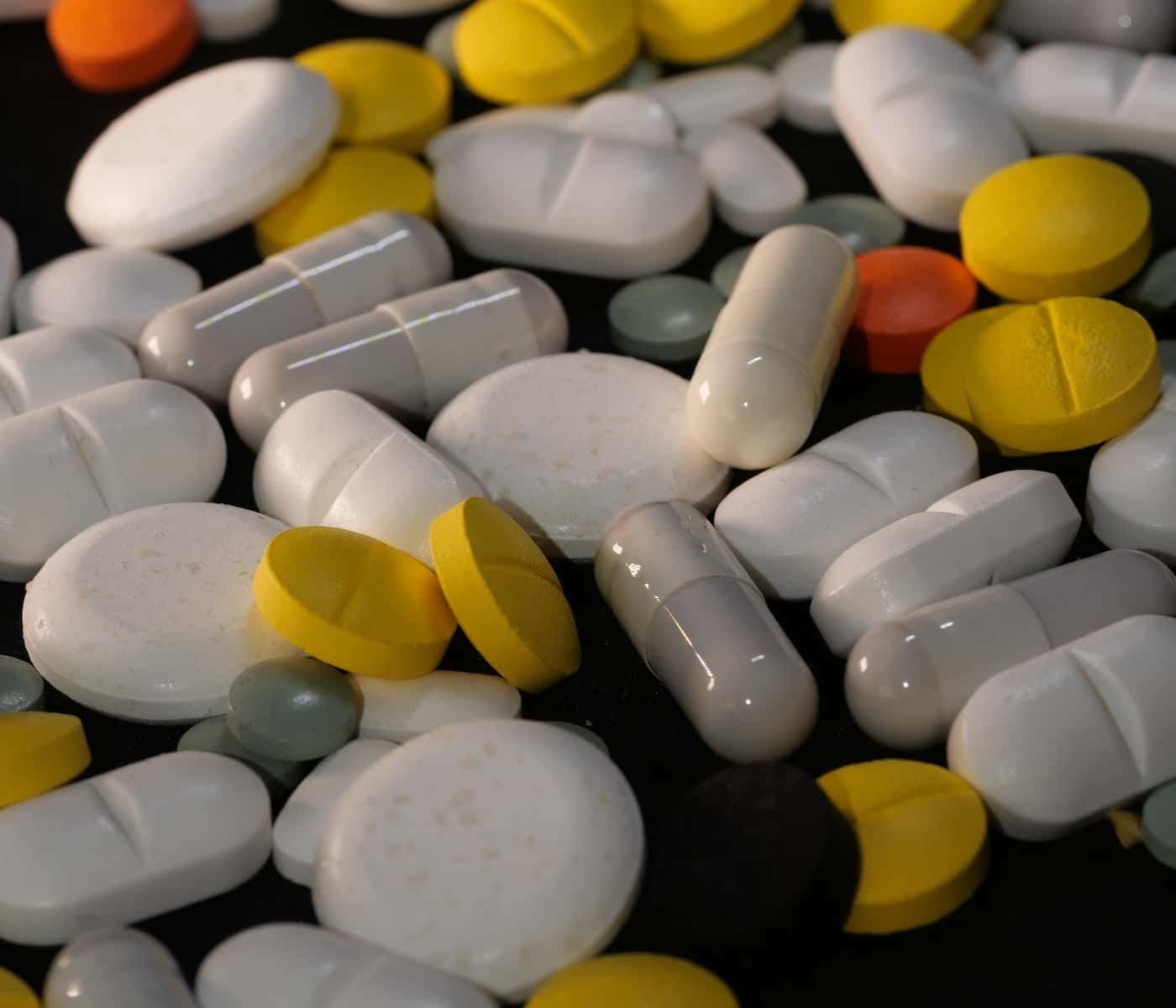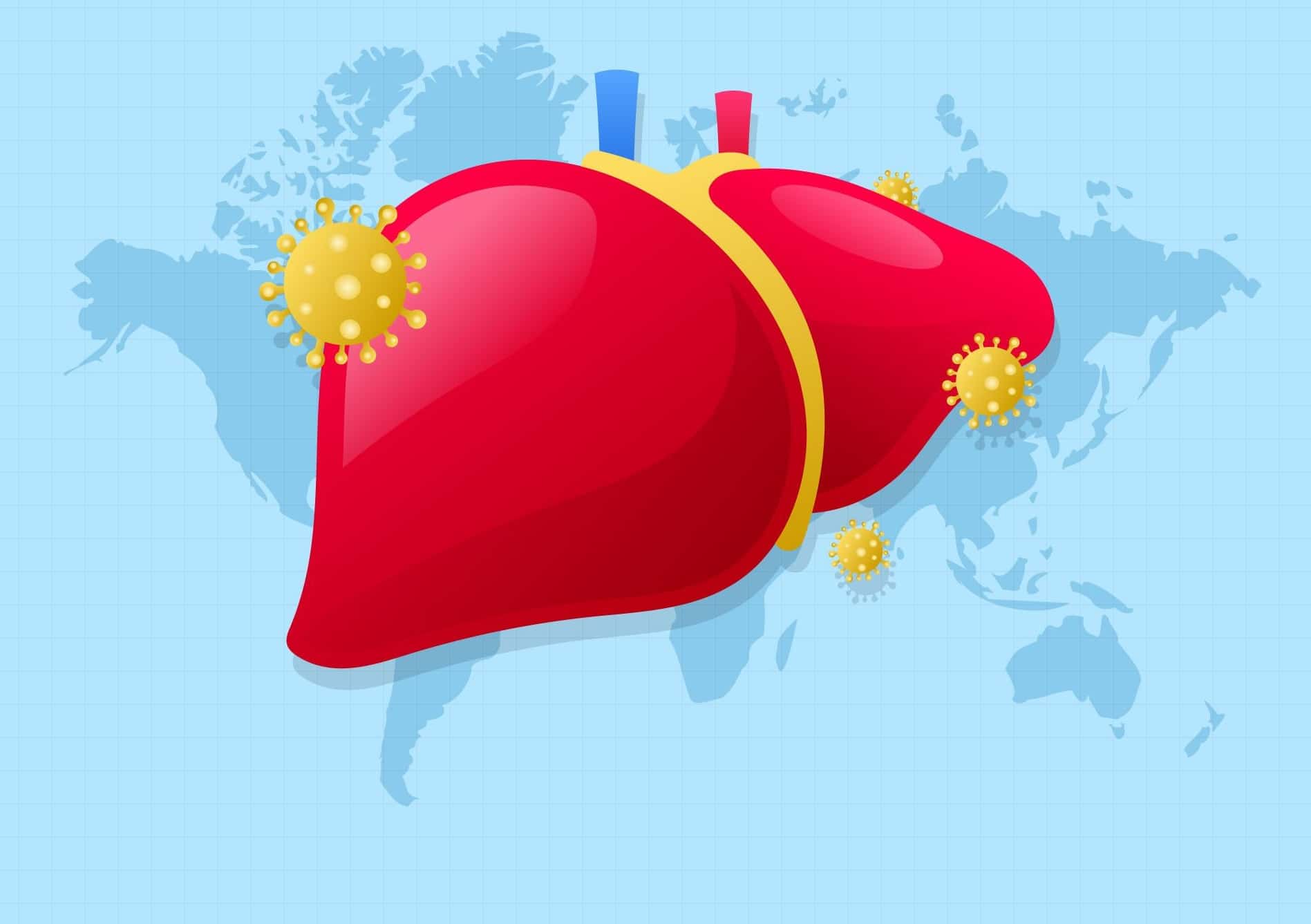8 Adverse Effects of Antibiotics That You Need to Be Aware of
Admin
- 0

Contents
ToggleAdverse Effects of Antibiotics:
Antibiotics help kill harmful bacteria in the body. But unfortunately, it also kills the good bacteria, which are important for the body. Antibiotics provide protection against many diseases, but their consumption causes some side effects in many people. Taking too many antibiotics can cause various problems. Also, if antibiotics are taken in excess or incorrectly, the respective antibiotics may no longer work in the future. Common side effects of antibiotics are:
1. Weight Gain:
Various studies have shown that many dairy farms feed animals with antibiotics to fatten them up. This antibiotic drug has the same effect on the human body. Body weight increases gradually while taking antibiotic medicine.
2. Risk of Type 1 Diabetes:
Although antibiotics destroy many harmful bacteria in the body, taking too many antibiotics from a very young age increases the risk of developing type one diabetes in the future.
Also Read: Top 10 Complications of Autoimmune Diseases
3. Destroy Essential Bacteria:
There are many bacteria that are minimally essential to the human body. Such as ‘H pylori‘. But high doses of antibiotics kill these bacteria.
4. Decrease Immunity:
One of the most harmful aspects of taking excessive amounts of antibiotics is that the body’s immunity decreases. No antibiotics work anymore. No infection dries up easily.
5. Antibiotic Resistance:
Antibiotics can cause body antibiotic resistance. This means that if you consume these medicines in excess, then your body becomes so addicted to them that at one time it does not have any effect, In such a situation, these drugs do not prove effective on the body in treating serious infections.
6. Allergies:
There is also a possibility of allergy to antibiotics. Some allergic reactions can be mild, but others can be serious and require medical attention. Allergy symptoms may include difficulty in breathing, hives, and swelling of the tongue and throat.
7. Serious Health Issues:
By taking antibiotics in excessive amounts or unnecessarily, our body’s healthy bacteria start to die. Because of this, many serious problems related to your health can arise.
Also Read: 4 Most Common Eye Diseases Linked to Smoking
8. Diarrhea:
Antibiotics can also cause diarrhea. There are both good and bad bacteria in our body system. Antibiotics not only destroy the bad bacteria but also harm some of the good bacteria and when the balance of good and bad bacteria in our gastrointestinal tract is disturbed, antibiotic-associated diarrhea occurs.
FAQs
How long do antibiotic side effects last?
Ans. Antibiotic side effects usually last a few days to a few weeks. If they persist or worsen, consult your doctor.
What is the biggest problem with antibiotics?
Ans. Antibiotic resistance is a major problem because bacteria can become resistant to antibiotics when they are overused. This can make conditions where antibiotics are no longer effective.
What to avoid when taking antibiotics?
Ans. Things that need to maintain while taking antibiotics are:
1. Complete the full course, even if you feel better in a few days.
2. Don’t use antibiotics for viral infections.
3. Avoid alcohol while taking antibiotics.
4. Avoid specific foods like dairy, citrus fruits, and grapefruit juice.
5. Don’t take other medicines with antibiotics.
How do you recover from antibiotic side effects?
Ans. To reduce the side effects of antibiotics you can follow these tips:
1. Don’t stop taking antibiotics, even if you experience side effects.
2. Consult your doctor if side effects worsen.
3. Seek basic care at home as advised by your doctor.
4. Try home remedies to get rid of antibiotic side effects like garlic, honey, or lemon.
5. Take sufficient rest and stay hydrated.
Why should patients not take antibiotics?
Ans. Antibiotics only fight bacterial infections. Using antibiotics for viruses only harms you. Antibiotics can kill good bacteria too and make you sick. So, use antibiotics only when you have bacterial infections.
When to stop antibiotics?
Ans. Only stop when your doctor tells you to. If you stop antibiotics too soon, bacteria might not fully destroy and could come back. If you take antibiotics for too long, they could harm your body.


